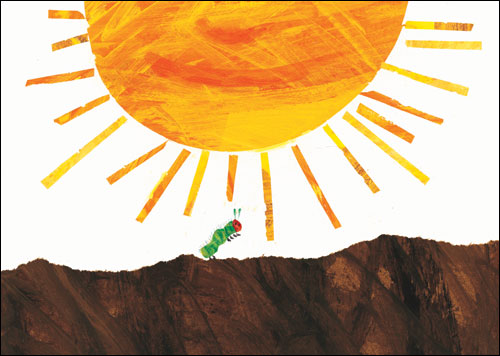Worldviews and Ethics
What role do our worldviews, i.e. our understanding of nature/science, the individual, society, the divine etc., take in shaping our moral philosophy or ethics? In fact what is the difference between morality and ethics itself? Furthermore, what is the nature of ethics within a religious framework? How does a particular theology condition a morality? Here in the following space we will explore these issues and more via turning to the ancient Greeks.
Monday, December 13, 2010
Study Group
~~Tonja
Sunday, December 12, 2010
Probably going to be my last blog
Staying up late studying Plato's Republic, I find it really funny to imagine Batman in the debate. I have no idea why, but I picture him sitting there with Glaucon, Thrasymycus, and everyone else who's busy agreeing with Socrates, and, well, just being Batman.
"But how do we define Justice?" "I AM JUSTICE! FEAR ME!"
"Will these children ever have the opportunity to know their parents?" "MY PARENTS ARE DEAD."
"You have three men living in a cave..." "I LIVE IN A CAVE."
Socrates becomes this really annoying character who would tear down everyone elses' arguments by twisting their own words. I wish the work was just an essay, rather than attempting to have a story. It bugs me that no one has any personality, and the only function characters have is to agree emphatically with the author.
If it's going to be a story for our time it needs more explosions, drama, tricky situations, and a pointlessly tacked on love interest.
study session
see you there
Wednesday, December 1, 2010
Carpe Diem
Sunday, November 28, 2010
The Catepillar with an appetite for philosophy
The Caterpillar with an Appetite for Philosophy
by Marina Lewycka
September 28, 2007

"He started to look for some food."

"On Thursday he ate through four strawberries, but he was still hungry."

"On Thursday he ate through four strawberries, but he was still hungry."

"Now he wasn't hungry any more — and he wasn't a little caterpillar any more. He was a big, fat caterpillar."

"Now he wasn't hungry any more — and he wasn't a little caterpillar any more. He was a big, fat caterpillar."
You really must read The Very Hungry Caterpillar by Eric Carle, first published in 1969. It's not just a children's classic, it's a human classic — which is strange, because it has no humans in it at all. It's about a big green caterpillar.
The story is simple: the caterpillar is born, eats too much — far too much — learns to eat less, has a snooze, and changes into a butterfly.
But of course, there's far more to it than that. Carle's Hungry Caterpillar is an iconic figure whose journey from egg to butterfly is a metaphor for human development and progress, offering profound insights into the human condition.
As a thinker, he is second only to that great Greek philosopher, Aristotle, who first proposed that rational thought advances through thesis and antithesis — in other words, you eat a lot, and then you feel awful, so you stop eating. What could be more rational than that?
In fact it was also Aristotle who taught us that "moderation in everything" was the secret of happiness, so he may well have been watching an ancient ancestor of Carle's Hungry Caterpillar nibbling his way delicately through a nice classical Greek green leaf.
We will only find happiness, said Aristotle, if we can find the middle path between excess and deficiency. Isn't there a lesson for us all in that, in these times of hyper-consumption that are threatening the very existence of our planet? The Hungry Caterpillar knew when to stop — do we?
But there's something puzzling about this book. All those things the Hungry Caterpillar ate — the sausage, the cupcake, the salami, the Swiss cheese — where did he find them? Surely those are not suitable food for caterpillars. Did someone leave them lying around, or did he go looking for them? It makes me wonder whether it was not Aristotle at all, but the visionary poet, thinker and mystical proto-hippie William Blake, who was the real voice of the Hungry Caterpillar. Blake takes the opposite line from Aristotle — "the road of excess leads to the palace of wisdom." Without all that excessive eating, the caterpillar would never have been ready to pupate, and move on to the next stage, the beautiful butterfly stage.
Then again, I've always thought there was a touch of Ludwig Wittgenstein about the Hungry Caterpillar. He was the founder of modern linguistic philosophy, famous for the statement, "Whereof one cannot speak, thereof one must be silent." Well, the caterpillar doesn't say a lot, does he?
Oh, forget all that. The real reason this is a great book is because of the little round wormholes in the pages. Even if your own fingers are now too big to be able to fit through the wormholes, you can have huge pleasure reading this book with a young person with caterpillar-sized fingers and a butterfly-colored imagination.
Monday, November 22, 2010
Reading for after the break
Week 14:
Thursday, November 18, 2010
The Void
http://www.npr.org/blogs/13.7/2010/11/17/131383533/avoiding-the-void-a-brief-history-of-nothing-ness#more